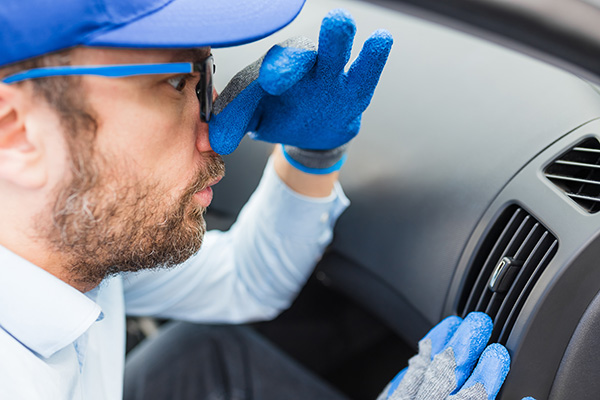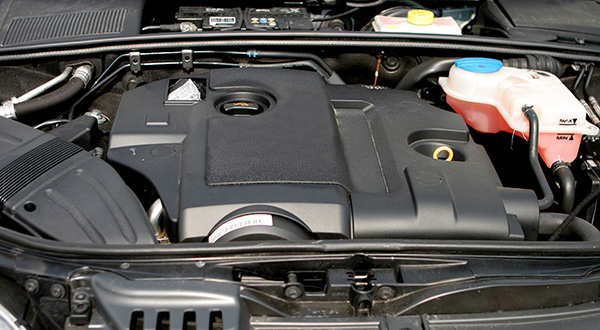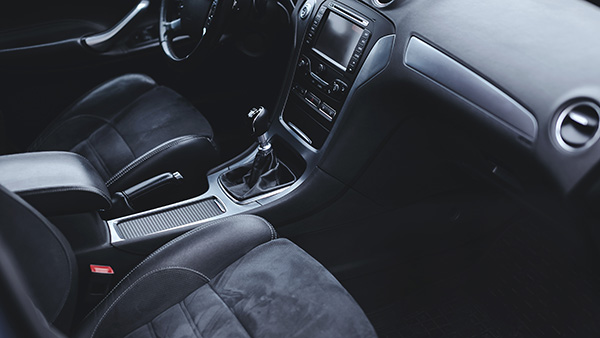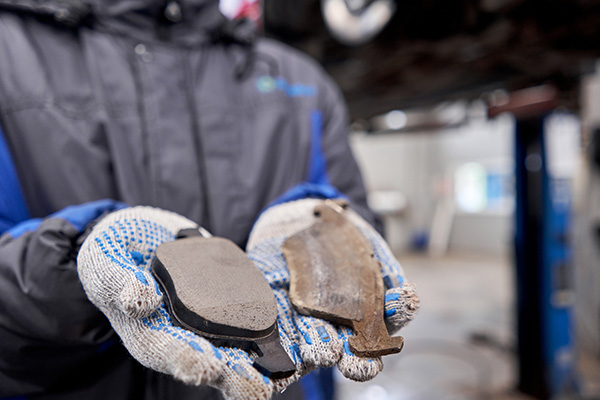Posted on 6/27/2025

Strange smells coming from under your hood are never something to ignore. Whether it’s a sweet scent, a burning odor, or something more alarming like rotten eggs, your nose can be an early warning system for problems under the hood. When it comes to your engine, certain smells often indicate very specific issues, and the sooner you identify the cause, the better chance you have of avoiding expensive repairs. Sweet Smell If you catch a sugary or syrupy smell while driving or after shutting off the engine, it’s often a sign that coolant is leaking. Coolant contains ethylene glycol, which has a distinctly sweet scent. Leaks might occur from a cracked hose, a worn-out radiator, or even a damaged water pump. This kind of leak doesn’t just make a mess; it’s dangerous for your engine. When coolant escapes, your engine is more likely to overheat. If the issue isn’t fixed quickly, it can lead to warped cylinder heads, blown head gaskets, and oth ... read more
Posted on 5/30/2025

We all know the dangers of driving under the influence of alcohol, but far fewer people realize that driving while severely fatigued can be just as hazardous. The symptoms of drowsy driving mirror those of alcohol impairment—slow reaction times, poor decision-making, and difficulty staying in your lane. Despite this, many drivers continue to get behind the wheel when they’re too tired, believing they can tough it out. In reality, drowsy driving is a serious safety concern that puts everyone on the road at risk. What Happens to Your Brain When You’re Sleep-Deprived Sleep is essential for proper brain function, especially when it comes to tasks that require focus and coordination. After being awake for 18 to 20 hours, your mental alertness drops to the level of someone with a blood alcohol concentration of 0.05%. That’s enough to impair judgment and reflexes significantly. After 24 hours without sleep, impairment is similar to a BAC of 0.10%, w ... read more
Posted on 4/28/2025

A rough idle isn’t only annoying but also a sign that something isn’t right under the hood. Whether your engine feels shaky, sounds uneven, or fluctuates in RPMs while sitting still, a rough idle can point to a variety of issues. Some are simple to fix, while others may require more in-depth diagnostics. Either way, it’s not something to ignore for long. Here’s what causes a rough idle and how to start narrowing down the source. Rough Engine Idle Your car should idle smoothly when it’s in park or stopped at a light. The engine should hum steadily at a consistent RPM, usually between 600–1000 depending on the vehicle. If your engine sputters, shakes, stalls, or the RPM needle bounces, that’s considered rough idling. A rough idle can affect your fuel efficiency, lead to poor performance, and, in some cases, even prevent your car from starting. Dirty or Faulty Spark Plugs One of the most common causes of rou ... read more
Posted on 3/28/2025

Clicking, buzzing, rattling—those little interior noises that pop up while you're driving can drive you crazy. Even if your car runs perfectly, persistent sounds from the dashboard, doors, or seats can make your daily drive feel less enjoyable. While they might not seem serious, these noises often point to loose parts, worn trim, or small issues that can become bigger if ignored. The good news? Most of these sounds are fixable with the right approach. And in many cases, once they’re gone, you’ll be surprised by how much quieter—and more comfortable—your car suddenly feels. Common Causes of Interior Rattles and Buzzes The most frequent interior noises come from loose panels, worn-out clips, and items inside the cabin shifting around. Dashboards and center consoles are made of layered plastic and rubber parts that can loosen over time, especially in hotter climates like Corpus Christi, TX, where sun exposure and temperature changes ca ... read more
Posted on 2/28/2025

Your brake pads are essential for safe stopping, but they don’t last forever. Constant friction wears them down over time, and waiting too long to replace them can put your safety at risk. How often should you change them? That depends on your driving habits, road conditions, and the type of brake pads you have. Here’s what you need to know. Brake Pad Lifespan Most brake pads last between 30,000 and 70,000 miles, though some may wear out sooner or last longer depending on usage. Checking your owner's manual can give you specific recommendations for your vehicle, but regular inspections are the best way to know when replacement is needed. Signs Your Brake Pads Need Replacing Since brake pads don’t have an exact expiration date, it’s important to watch for signs of wear. If you notice any of the following, it’s time to have your brakes inspected: Squeaking or Squealing Noises High-pitched squealing ... read more